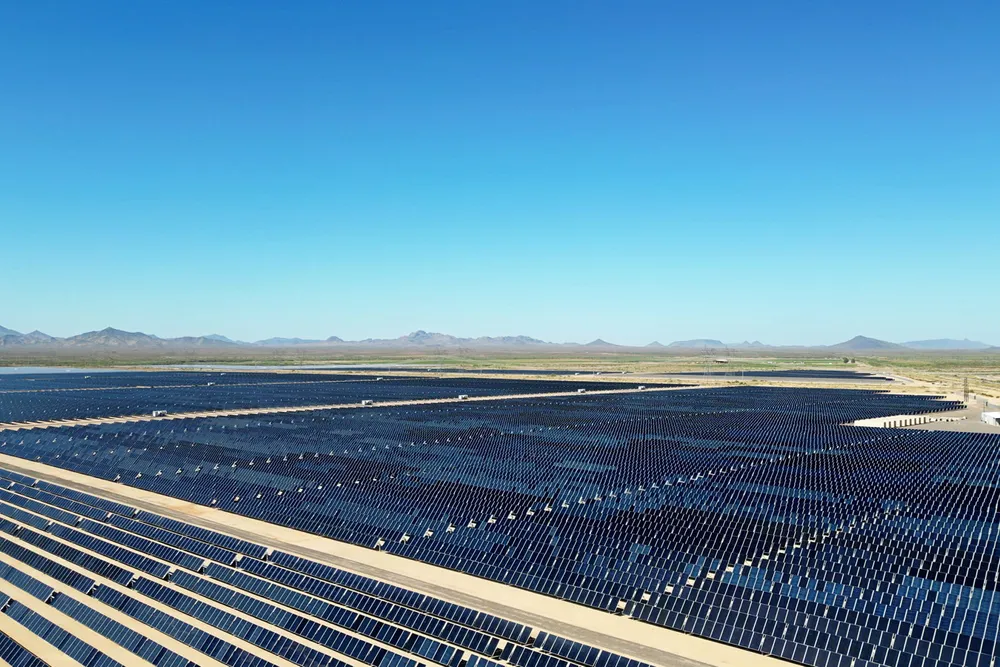Arizona seals gigascale renewables deal in the face of Trump's fossil fuel hype
The 6.25GW of procurement includes battery storage and solar capacity to support 2031 goal to exit coal generation

Arizona’s largest electric utility has sealed 6.25GW of procurement deals for battery storage and solar capacity as it looks to exit coal generation, highlighting the broader sector’s clean energy transition that is in stark contrast to US President-elect Donald Trump’s call for it to consume more fossil fuels.
Arizona Public Service (APS) in its all-source request for proposals (ASRFP) also contracted more than 500MW of wind energy and natural gas additions totaling 520MW that will act as “critical partners” to the large quantities of battery storage and solar additions, according to the utility.
“With almost 7,300MW of energy signed, this will be the largest energy supply we’ve ever procured through an RFP for APS customers,” said Brian Cole, vice president of resource management.
APS resource planners expect peak customer demand to grow to more than 13GW by 2038. For perspective, it took APS 140 years to reach 8.2GW of peak demand, and customer needs will increase by 60% in only 14 years.
To prepare for this growing demand, the utility has launched another ASRFP for 2GW of capacity that can be in service as early as 2028, as well as projects that could come online next decade.
Phoenix-based APS serves approximately 1.4 million homes and businesses in 11 of Arizona’s 15 counties. Arizona is the fifth fastest population growth state behind Utah, Idaho, Texas, and Nevada.
The utility is committed to phasing out coal generation by 2031. At present, 45% of its generation portfolio comes from renewable energy, while 51% of energy on its system is clean.
Trump, set to take office on 20 January, is keen for the US to ratchet production of oil and natural gas as part of a broader strategy to achieve “energy dominance.” He also wants to stabilize coal’s share of the country’s electricity production at around 18% versus 51% in 2001.
The US has the world’s largest proven reserves of coal and ranks fourth in natural gas behind Russia, Iran, and Qatar. Trump views both fuels as a competitive and geopolitical advantage for the country.
While most utilities here see gas as part of their generation mix over the next 10-20 years, in part as baseload power to support intermittent renewables, they don’t share Trump’s enthusiasm for coal which is higher cost and less environmentally friendly than gas.
That will be even more the case as more gas producers move to curb methane emissions, a trend likely to continue even if Trump, as expected, revokes a recent Environmental Protection Agency rule taxing those from the sector.
Coal supporters are hopeful that carbon capture and storage (CCS) could keep ageing coal power plants online, but critics argue the technology is not as cost-effective as proponents claim.
Trump is a big fan of CCS, though, and his future administration wants to retain federal tax credits to help develop the technology available in the 2022 climate law.
(Copyright)